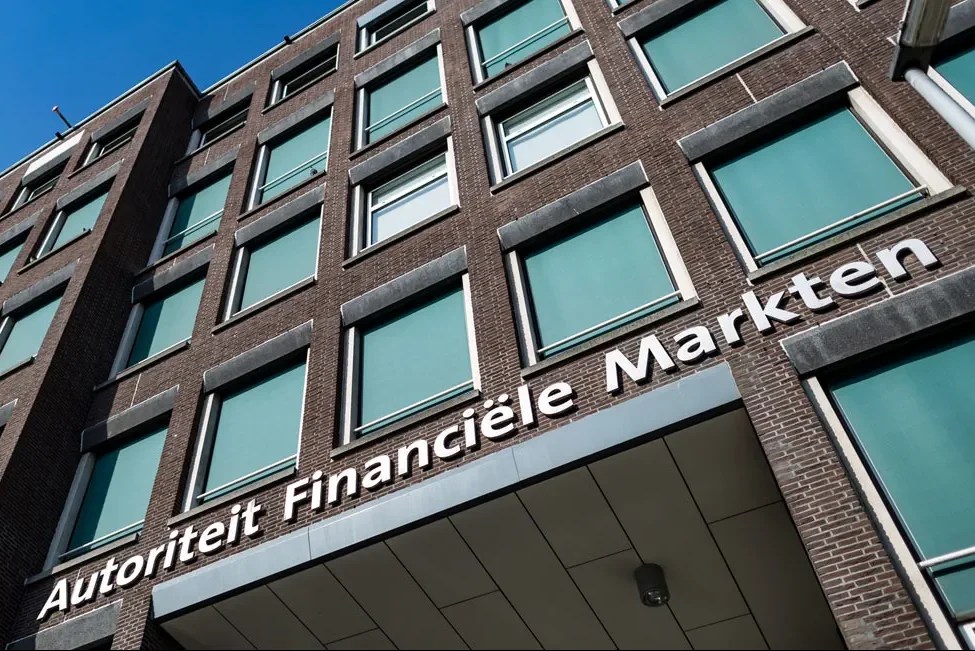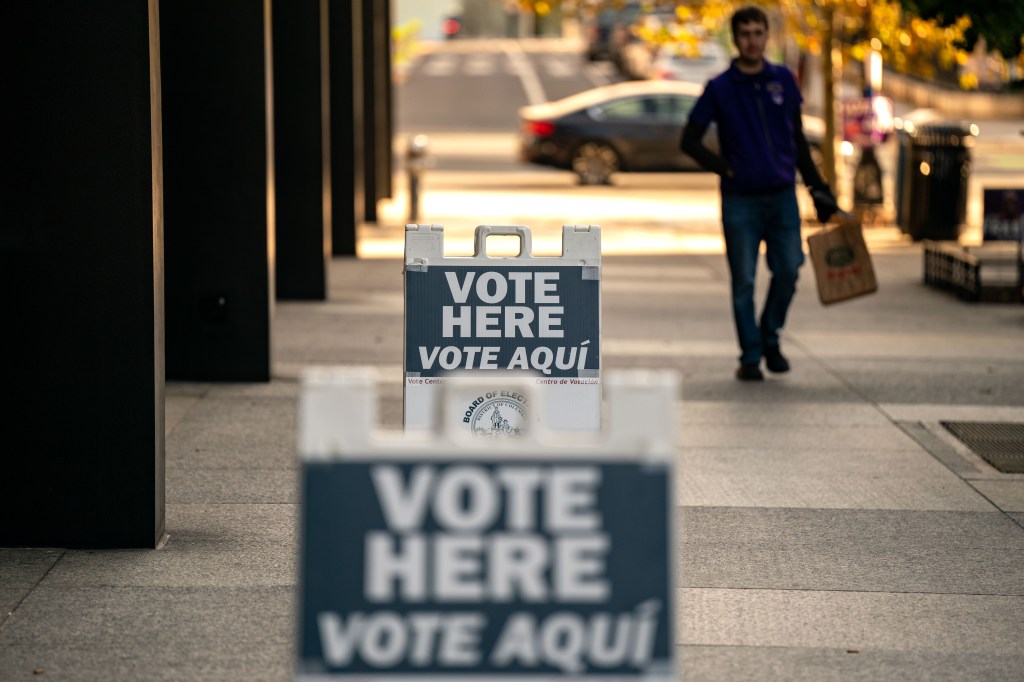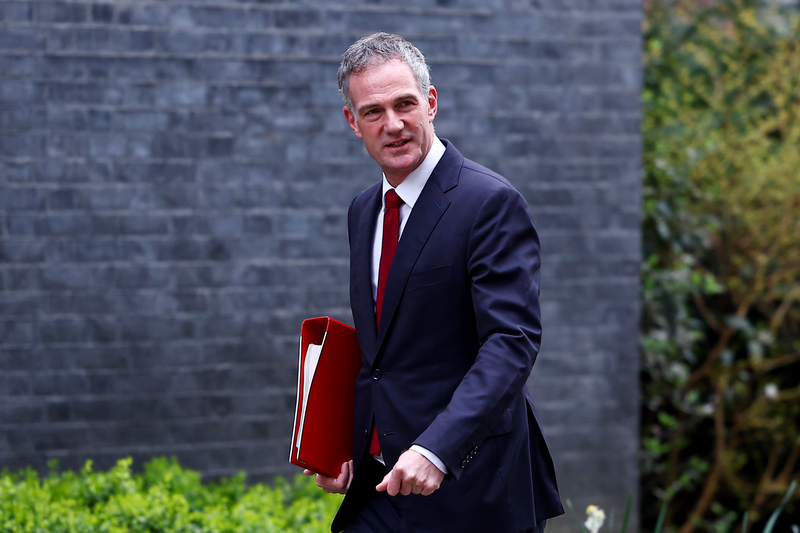The Federal Reserve, FDIC and OCC have issued a joint statement that bluntly points out key risks associated with crypto-assets and crypto ecosystem players.
First on the list is the continuing risk of outright fraud and scams in the sector, often made possible by inaccurate or misleading representations and unfair, deceptive or outright abusive practices by crypto companies.
Legal uncertainties
The legal uncertainties connected to custody and ownership, already a key concern for the SEC, are also stressed. What the regulators are pointing out here is that even in instances where the crypto business is a principled and trustworthy operation, the total loss of control over assets as a result of circumstances beyond the control of that business is not a far-fetched possibility.
A conservative view might be that, because of legal uncertainty in this area, loss of ownership and control over assets can be deemed to occur at the point that funds or assets are deposited with, for example, a crypto-exchange, irrespective of any representations to the contrary.
Issues such as volatility and run risk are compounded by the contagion risk within the sector that results from industry interconnections which also represent concentration risk.
Underlying vulnerability
The underlying vulnerability of the systems and networks on which crypto-assets are constructed coupled with immature operating models and the lack of governance and oversight also add to an already heightened level of risk. Among the vulnerabilities listed are cyber-attacks, outages and inadvertent participation in illicit finance as a result of inadequate or non-existent checks and controls.
Although the agencies are careful to point out that there are no prohibitions against providing banking services to “customers of any specific class or type”, they are intent on ensuring that risks that “cannot be mitigated or controlled” do not migrate to the banking system. Importantly, the notice points out that holding crypto-assets as principal is “highly likely to be inconsistent with safe and sound banking practices.”
The regulatory expectation is that banking organisations supervised by the agencies will ensure appropriate risk management, governance and compliance. There is no doubt that banks whose crypto-asset activities lead to problems in the banking sector will be held fully accountable by the regulator following this stern and unambiguous warning of the risks in the crypto sector.












